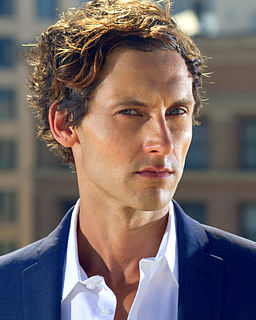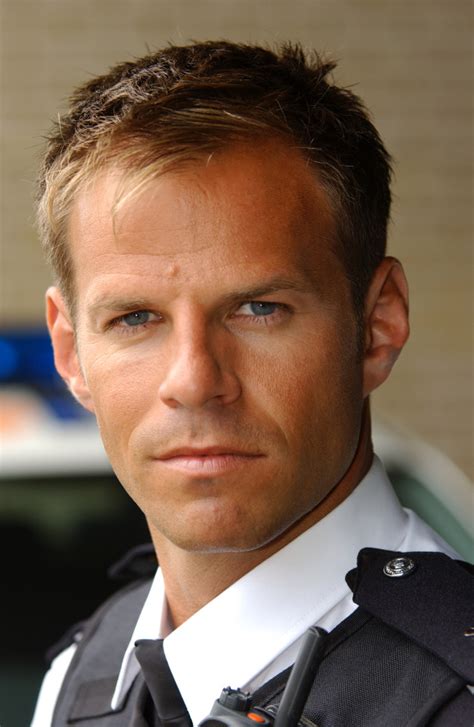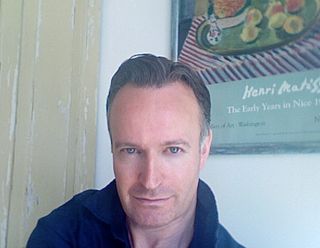A Quote by Tim Winton
I grew up in a whaling town. We didn't stop whaling in Australia until 1978. And I've always lived in fishing communities. You could say I'm from the Redneck Wing of marine conservation. Everything I know about the sea I learnt at the end of a spear or a hook. Seems weird to admit it, but I hunted and killed my way to enlightenment. Eventually you see where you've been. All the traces you leave are gaps and absences. And it's a sick feeling, knowing you might bequeath a full dose of Nothing to those who come after you.
Quote Topics
About
Admit
After
Always
Australia
Been
Bequeath
Come
Communities
Conservation
Could
Dose
End
Enlightenment
Eventually
Everything
Feeling
Fishing
Full
Gaps
Grew
Grew Up
Hook
Hunted
Know
Knowing
Learnt
Leave
Lived
Marine
Might
My Way
Nothing
Redneck
Say
Sea
See
Seems
Sick
Spear
Stop
Those
Town
Traces
Until
Up
Way
Weird
Whaling
Wing
Related Quotes
I was very lucky. I was just finishing my PhD at Cambridge in 1981. This opportunity came up because whaling was drawing to an end. There was the prospect of a moratorium, and one of the arguments that was brought up, especially by Japanese whalers, was that, if we didn't have whaling, we would know nothing of whales. All the science depends on having dead animals, they argued, so that's one of the benefits of the whaling industry.
I've been trying to fit everything in, trying to get to the end before it's too late, but I see now how badly I've deceived myself. Words do not allow such things. The closer you come to the end, the more there is to say. The end is only imaginary, a destination you invent to keep yourself going, but a point comes when you realize you will never get there. You might have to stop, but that is only because you have run out of time. You stop, but that does not mean you have come to an end.
The problem is no longer getting people to express themselves, but providing little gaps of solitude and silence in which they might eventually find something to say. Repressive forces don’t stop people from expressing themselves, but rather, force them to express themselves. What a relief to have nothing to say, the right to say nothing, because only then is there a chance of framing the rare, or ever rarer, the thing that might be worth saying.
I went back to a small town in Poland where my dad grew up. It was a very traumatic experience for me as a young man to know that my father's family were killed by Nazis, killed by Hitler. And that left, you know, if not intellectually, at least an emotional part of me which said, God, we have got to do everything we can to end this kind of horrific racism or anti-Semitism. And I have spent much of my life trying to fight that.
I had been reading a lot about pioneers in Australia and the colonization of Australia, and pioneers in Virginia and the early settlers in the United States, and I was fascinated by those communities and how they grew, how their politics developed, and the actual suffering of those people and the tribulations they went through.



































